Article
Breathe in the relief
Becky's day started out badly. It then continued to slide downhill.
Upon waking, she realized she had slept twenty minutes past her alarm. It was then a rush to get the kids up. And get them to school.
Her children could tell she was flustered, and they, in turn, were anxious. She rushed them out the door and walked them to the school bus. After seeing them off, she returned to the house and got ready for work. But the morning didn't stop there.
As she walked out of the house, she saw that one of her children had left their lunchbox. This made her late for work. Like a good mother, she drove to the opposite end of town and delivered the lunch box to the school office.
Becky felt anxiety rumbling low in her stomach, and nervous anticipation filled her. What was her boss going to say? What would her co-workers think? She thought that now was not the time to be underperforming at work.
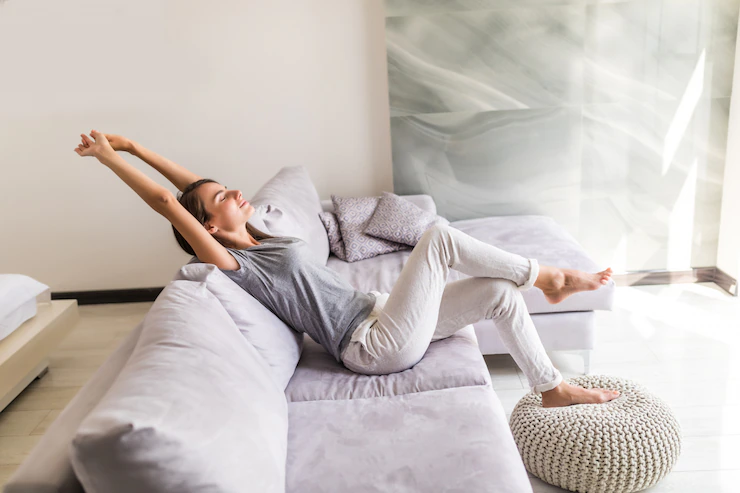
Upon arriving at work, Becky's boss gave her an unapproving glare. No words were spoken. There were none needed.
As she started her day, she noticed more work in her basket than usual. Her boss strolled up to her desk and said, "Yeah… we need these numbers crunched by the end of the day… we've got a big product launch coming up, and I need the data to present to the board… hope you have time." A wry smile worked its way across his face, and he gave the pile of paperwork a little pat with his hand.
Watching him strut away made the anxiety boil up within her even worse. It was getting close to unbearable. Fighting the urge to just break down. She labored through her morning, trying to focus on her work.
Lunchtime arrived after what seemed an eternally long morning. The numbers were not "crunching" the way they should. Her phone rang more than it needed to. And her boss slowly walked by her desk at least five times… he never does that.
Becky could hardly wait to leave the office and get into her car. For there awaited some relief from the anxiety that was about to erupt.
She logged off her computer and exited the office. Once in her car, she applied a tiny bit of liquid to her wrists. She leaned back in her car seat and lay there with her eyes closed. Her arms crossed over her chest.
And she breathed. Slow in and out breaths. Inhaling the relaxing scent of the oils she applied. She cleared her mind, and slowly but surely, her anxiety started to subside.
Once her lunch break was over, Becky felt a world better. She was calm, relaxed, and able to focus. All but the tiniest bit of anxiety was gone. After years of dealing with stress and anxiety, she felt she had finally found something that truly helped.
The many uses of Aromatherapy.
Becky's technique to calm her mind and relax her body is called Aromatherapy. It uses certain natural scents and oils to stimulate a desired response within the brain. In her case, she used a relaxing and calming breathing technique with aromatic oil.
It is believed and has been practiced for millennia that the inhalation of essential oils stimulates the part of our brain connected to smell – the olfactory system. This system sends a signal to the brain's limbic system, which controls our emotions and draws out learned memories.
It has been said that essential oils have a direct pharmacological effect on the person using them. There, a chemical is released, which can make a person feel relaxed, stimulated, or calm. And we know that essential oils activate the limbic system and that applying essential oils to the skin activates thermal receptors and helps destroy microbes and fungi.
Hard and fast scientific evidence for this is sparse. That is mainly because science hasn't spent much time with this type of therapy. There are some preliminary studies ongoing, and they have revealed some positive results for this type of treatment.
There are three types of aromatherapies:
Topical use – This is the application of aromatic lotion or oil to the skin. Often used for massages, baths, and therapeutic skin care.
Direct inhalation – A person breathes the aromatic oil vapors in directly. This is commonly used for respiratory disinfection and decongestion.
Aerial diffusion – Evaporating different oils into the air. The main goal is to provide a broad fragrance to a larger area or to disinfect the air.
Aromatherapy is commonly used for multiple issues, including anxiety, depression, muscle aches, stress, insomnia, and circulation issues. Even without supporting scientific evidence, aromatherapy use continues to grow.
So, what did the ancients know about Aromatherapy, and has it really been around that long?
Over 5,000 years of aromatherapy history.
If you have ever picked a flower and enjoyed the feeling you received upon smelling it, that was Aromatherapy. Maybe it seems too simplistic to state that way but think about it. A pleasing smell is pleasing to your nose and brings a great feeling to your mind.
These innate human feelings and emotions have been around as long as man. And some of the earliest written texts known describe the use of aromatic herbs and flowers.
To condense Aromatherapy down to a few paragraphs is difficult. However, this is a short rundown on the history of Aromatherapy.
Aromatics were first recorded around 3500 B.C., or around 5500 years ago. This is because that seems to be about our oldest written records. In reality, the history of Aromatherapy is probably older than that, dating back to the origins of religion, magic, and mysticism.
The Egyptians first created incense by burning aromatic woods, herbs, and spices to honor their gods. They believed the smoke carried their prayers directly to the gods. So, early in our history, anything fragrant, be it wood, herbs, or locally available flowers, would be used. Even before that, our ancestors would burn herbs, wood, and bark to drive out evil spirits from sick people.
Egypt's 3rd Dynasty (2650-2575 B.C.) searched for immortality and developed embalming and mummification. Frankincense, myrrh, galbanum, cinnamon, juniper berry, and other aromatics were all used at some point to help preserve the bodies.
The Egyptian Empire began to crumble around 300 B.C., then Europe became medicine's heart. Hippocrates (460-377 B.C.) was the first physician to dismiss the Egyptian philosophy that illness was caused by the supernatural. In his treatments, he would use aromatic-infused baths and treat the whole body as a single organism using herbs and aromatics.
Once Aromatherapy hit the Anglo-Saxon world, it never seemed to slow down. One of the most influential herbalists was a man by the name of Nicholas Culpeper (1616-1654). He mixed herbs, oils, and astrology for the curing of ailments. Through his work, the aromatic oil industry in Europe flourished.
A more modern investigation
Fast forward a few hundred years, and you have the term "aromatherapy," coined by French chemist Rene-Maurice Gattefosse (1881-1950). He studied the medicinal properties of essential oils for years while working in his family's perfume business.
He was able to test his theories personally when an explosion in his lab caused a severe burn to his hand. Rene stuck his hand into a container of pure lavender oil. This immediately reduced the swelling. However, what's most impressive is that there was no scar.
As the decades rolled by, others have picked up the mantel, championing the use of natural aromatic oils for healing and soothing one's body and mind. And the demand for high-quality oils and compounds continues to grow.
Here is a list of some of the most popular essential oils and their uses.
Clary Sage - is used as an aphrodisiac and relieves stress, labor pain management, and menstrual cramps.
Cypress - treats respiratory complaints and is used as an astringent on cellulitis and muscle pain.
Eucalyptus – widely used as an expectorant and decongestant for cold and flu season. It is also considered energizing and used to clear the mind.
Fennel – use it as a digestive aid for menstrual irregularities, and it has antimicrobial properties.
Ginger – a staple of Eastern medicine. This root aids in digestion eliminates gas, relieves nausea, and has high anti-inflammatory properties
Helichrysum – found to have cell regenerative properties, aids in wound healing and reduces inflammation.
Lavender – the oils produce a calming effect and reduce anxiety. Is beneficial in wound healing, cell regeneration, and overall skin health.
Chamomile – is used as a sedative and to relieve anxiety and stress. Treats insomnia and is excellent as a soothing and comforting aroma for children.
Rose – is considered the Queen of Essential Oils. It is used to nourish emotions, as an aphrodisiac, and relieve stress and anxiety.
These are just a few of the dozens of essential oils available in this modern age. If you are thinking about trying Aromatherapy and essential oils, consider sourcing from a long-standing reputable company.
Since 1995 the fine people at Wyndmere Naturals have been crafting the purest essential oils from natural sources. Based in Minnesota, they have held the same goal for nearly 30 years – providing the public with only the finest quality essential oils and Aromatherapy products. And to deliver them at a reasonable price.
They can do this through the strong relationships built with their suppliers. These valuable business ties are forged upon a shared commitment to quality. With that goal first and foremost in mind, Wyndmere Naturals continues to provide a wide range of products for all your essential oil and Aromatherapy needs.
Consider these two products, designed to ease your mind and melt away tension
Anxiety Release Body & Air Mist
Soothe away your stress and anxiety with this easy-to-carry essential oil spray.
It can be used to enhance the air or as a body spray.
Anxiety Release is one of Wyndmere's best-selling blends. This relaxing scent will melt away your troubles. It has the powerful effect of Orange, Lavender, Clary Sage, Geranium, Vetiver, and Roman Chamomile.
These pure essential oils create the perfect scent for promoting an inner sense of peace and harmony. All the while it eases nervousness, irritability, and apprehension.
Place a bottle in your car and one on your desk. This fragrance will transform the mood of any environment.
And, if you want something to apply to your skin and enjoy the benefits of Aromatherapy, try this.
Stress Relief Lotion
A soothing and hydrating lotion to ease tension and help you let the anxiety go.
Made with Lavender, Ylang Ylang, Black, Petitgrain, Pine, Clary Sage, and Vetiver oils. This fantastic lotion moisturizes your skin and clears tension without artificial preservatives or alcohol… and it's paraben free.
This fine blend of essential oils and moisturizing lotion is just the fragrance you need to calm your nerves, lift your spirits, and get you back on track to tackle your day.
With thousands and thousands of years of use, essential oils are proving their staying power. Demand continues to grow, and as a natural remedy for so many issues, it's easy to see why.
Consider these great choices or any of the excellent products from Wyndmere Naturals the next time you think about essential oils.
* In partnership with our friends at Wyndmere Naturals Inc* Photo courtesy of Wyndmere Naturals Inc
* These statements have not been evaluated by the Food and Drug Administration. These products are not intended to diagnose, treat, cure or prevent any disease.
* The information available on ewellnessmag.com, including text, graphics, and other materials is for informational purposes only. Reliance on any information in ewellnessmag.com is at the user's own risk. Sponsored product placement may appear in the article. The visitor of this website acknowledges that the information available on or through ewellnessmag.com is not and is not intended to be a substitute for professional medical advice. Copyright © 2022 Brawo Press, Inc. All rights reserved.
Share article



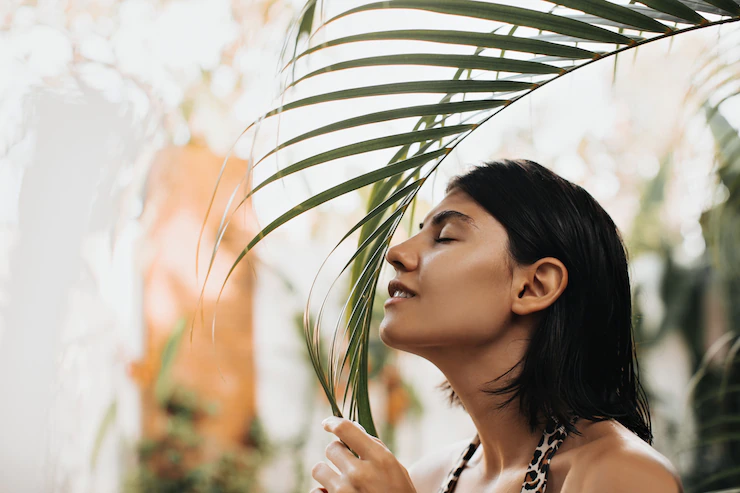


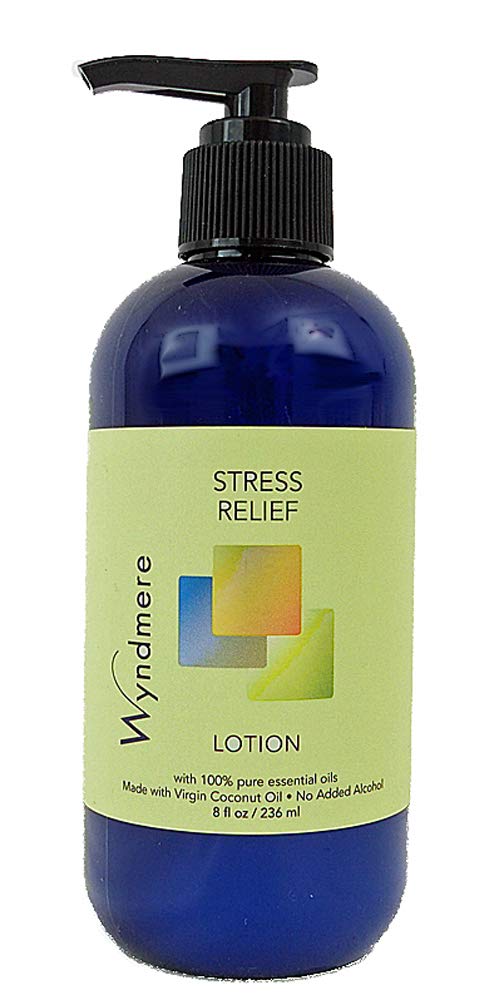
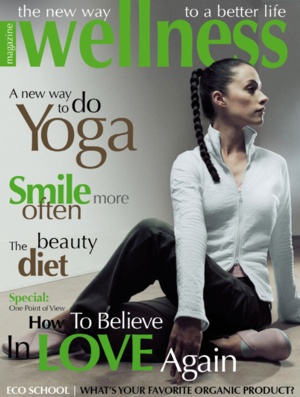

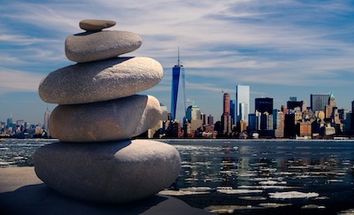
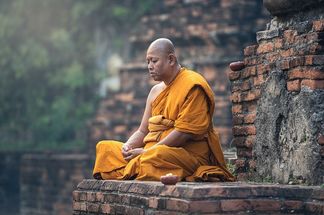

You must be logged in to add a comment ... → Log in | Register